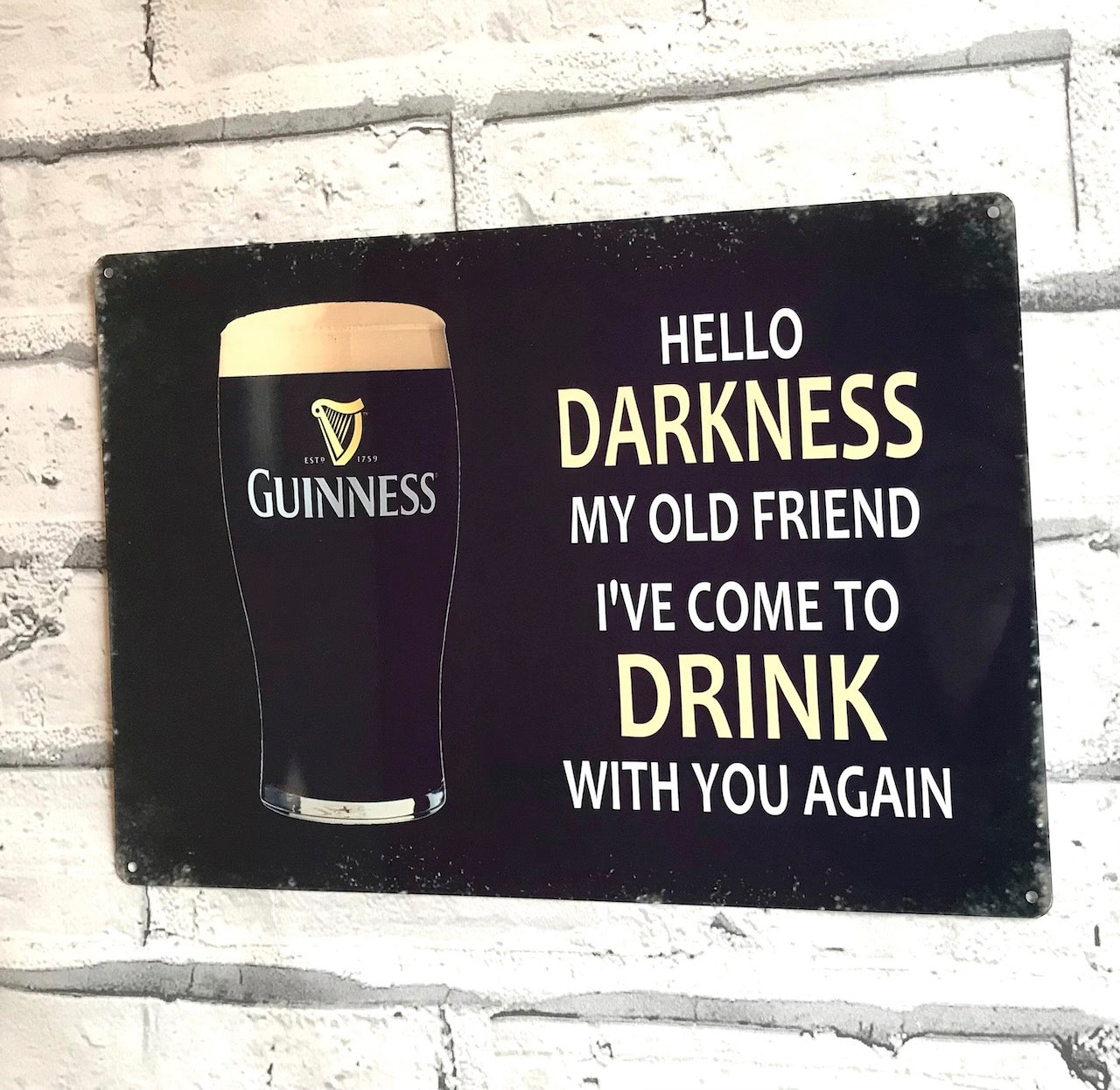We know, hitting that post valentines high with a hammer... We’ve previously discussed the direct impact of alcohol on your sleep and athletic recovery, all starting to build a picture of the cycles that alcohol influences. This week we’ll dive into a self-perpetuating cycle, a flywheel driven by alcohol.

Most people don’t appreciate that while the pleasurable effects of alcohol are nearly instantaneous, the negative effects are delayed, playing out over the next few hours and days. That time lag can make it hard to see the connection between alcohol and its adverse effects, illustrated rather nicely by this example from Professor Richard Friedman.
A patient of mine, a man in his mid-40s whom I was treating for depression, had become inexplicably anxious and depressed with the return of insomnia after many weeks of solid improvement. I asked him about any stressors at work and home, but he insisted nothing upsetting had happened.
Then I inquired about his alcohol consumption and discovered the reason his mood was heading south. After cutting way back on his drinking at the start of treatment at my urging, he had resumed his usual habit of two to three glasses of wine at dinner as soon as he started to feel better. He didn’t tell me about it.
When I explained the alcohol had depressant effects and was the likely culprit in his relapse, he was sceptical. “It’s relaxing, doc, and helps me unwind after work,” he said. So I proposed an experiment: “Stop drinking over the weekend, and let’s see what happens to your mood on Monday.”
He was stunned — and convinced — by the results. His sleep normalised, and his mood was markedly better. It wasn’t just that he was unaware that alcohol had wrecked his mood and sleep; he was beginning to drink more each night to counter the very anxiety provoked by the previous night’s alcohol, setting up a self-sustaining cycle of depression, anxiety and drinking.
You don’t have to suffer from clinical depression or have an anxiety disorder to experience the negative effects of alcohol. They occur even with moderate levels of alcohol consumption typical of normal social drinkers who are free of any psychiatric illness.
Richard A. Friedman is professor of clinical psychiatry and director of the Psychopharmacology Clinic at Weill Cornell Medical College.
So what? Why should you pay attention to your alcohol intake?

Well anything that has been advertised as making you want to fight a '6'5" Psycho' probably needs a second look... At a basic biological level, alcohol’s impact as a depressant is driving the cycle we use alcohol to escape from. This flywheel of poor sleep, stress and anxiety that we self-medicate with alcohol, is actually driven by it.

This research has been around for decades by the way, it’s just that nobody wanted to tell you.

The roaring 70’s brought drinking during pregnancy quickly to a close when the Surgeon General of the United States began warning women about the dangers of alcohol. The warnings came after researchers at the University of Washington identified Fetal Alcohol Syndrome, a group of physical and mental birth defects caused by alcohol consumption, in 1973. In its recommendations, the government does not distinguish between heavy drinking and the occasional beer: all alcohol poses an unacceptable risk. Big beer needed a rethink…

In the 80’s the push was to find a link between long term psychological disorders and alcohol dependency. Results were inconclusive because alcohol dependent subjects displayed depression and anxiety independent of any underlying condition. Big beer, now definitely knowing the impact on unborn children veered into dolphins...
The 90’s brought the introduction of warning labels on alcoholic drinks "of the risks of drinking and driving, operating machinery, drinking while pregnant, and other general health risks." like the introduction of warnings on tobacco products introduced two decades earlier.

Jumping forward we are now in a place where research is flooding in, with the Department of Health issuing the guideline that ‘no level of alcohol is safe to drink during pregnancy’ in 2016, and Canada has advised that ‘zero alcohol is the only risk-free approach’ for all adults.
Should you stop going to the pub for a pint after work? No, we love pubs, and they aren’t the problem, just as they weren’t when we saw indoor smoking banned (and does anyone miss that?). When you go, order a pint (or three) of non-alcoholic beer, you’ll get all the social benefits and none of the negatives.
Why did we use Guinness as the example here? Well, aside from our stout beating them in a taste test last year, and being named the best non-alc stout by The Independent in 2022 and 2023, they simply seem to have produced an ad that worked for each example.
If all the ads have made you think of stout for for the six nations, stock up on ours while you're here!
🍻Cheers!🍻
ABOUT NIRVANA BREWERY:
WE ARE THE UK’S ONLY NO/LOW ALCOHOL DEDICATED BREWERY, ONE OF ONLY 16 SOIL ASSOCIATION CERTIFIED ORGANIC BREWERIES AND THE ONLY ONE IN LONDON.
WE BELIEVE THAT OUTSTANDING BEER DOESN’T NEED ALCOHOL, THAT AWARD WINNING FLAVOUR IS NOT TIED TO ABV, AND THAT DRINKING WITH FRIENDS DOESN’T HAVE TO MEAN A SLOW START THE NEXT DAY.
BREWING SINCE 2016, OUR BEERS CONTAIN NO ANIMAL PRODUCTS, LESS ALCOHOL THAN ORANGE JUICE AND ARE BETWEEN 33 AND 66 CALORIES PER BOTTLE.


